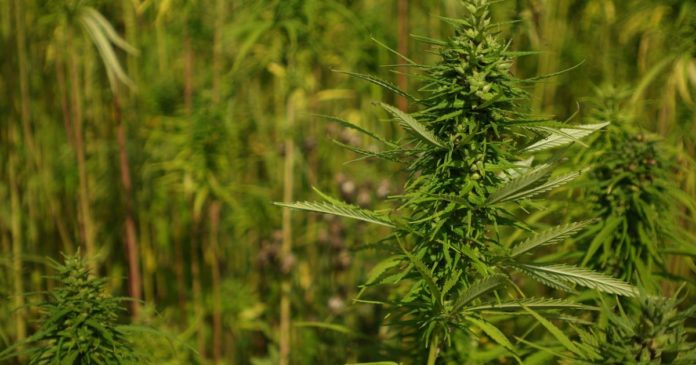UK farmers and growers are set to benefit from a groundbreaking research project that aims to reduce the nation’s carbon footprint and increase crop resilience.
The £5.9 million Centre for High Carbon Capture Cropping (CHCx3), backed by Defra’s Farming Futures Fund, will explore the potential of four crop options including industrial hemp to capture and store carbon in the soil and for crop-based products.
With a consortium of 22 research and industry partners including the University of York’s Centre for Novel Agricultural Products (CNAP) and Elsoms Seeds, CHCx3 will undertake crop trials and field demonstrations. The project will work to increase the adoption of hemp as a multi-purpose crop, given its impressive potential for carbon sequestration.
Hemp’s dense growth and extensive root system make it exceptionally effective at drawing down and sequestering carbon. By focusing on hemp, the project intends to boost renewable biomaterial production for fibre, textiles, and construction, contributing to the UK’s Net Zero target.
The Biorenewables Development Centre (BDC) at the University of York will handle value-chain validation and tools development. Multiple-stakeholder workshops will be conducted to share insights, roadmaps, and the developed tools. This collaboration will provide a unique platform for direct interaction and knowledge transfer between research bodies, industry stakeholders, and farmers.
The BDC’s Business Innovation Manager, Helen Shiels, commented on the project’s broad impact:
“Mapping the economic, environmental, and social value of these cropping systems will offer a real benefit to farmers and low carbon product manufacturers.”
The project will offer a ‘Knowledge Hub’ to support the effective uptake and utilisation of high carbon-capture crops. It will provide practical resources, including crop guides, web tools, and apps, to landowners, farmers, and agronomists.
Professor Ian Graham of BioYorkshire expressed his enthusiasm for the project’s potential:
“We have a fantastic opportunity to use our expertise and genetic resources to develop new varieties that can enhance carbon capture and bio-based feedstocks for the UK industry.”
NIAB, Cambridge leads the project, which is a part of Defra’s Farming Innovation Programme, delivered in partnership with Innovate UK. The research initiative builds upon the BioYorkshire project, aimed at tackling the UK’s most urgent environmental issues, while also promoting job creation and regional economic growth through a green agenda.
This project also builds on University of York’s previous hemp research. It led the UK government-backed HEMP-30 initiative, which sought to to increase industrial hemp production and processing in the UK. The final report for HEMP-30 can be found here.


